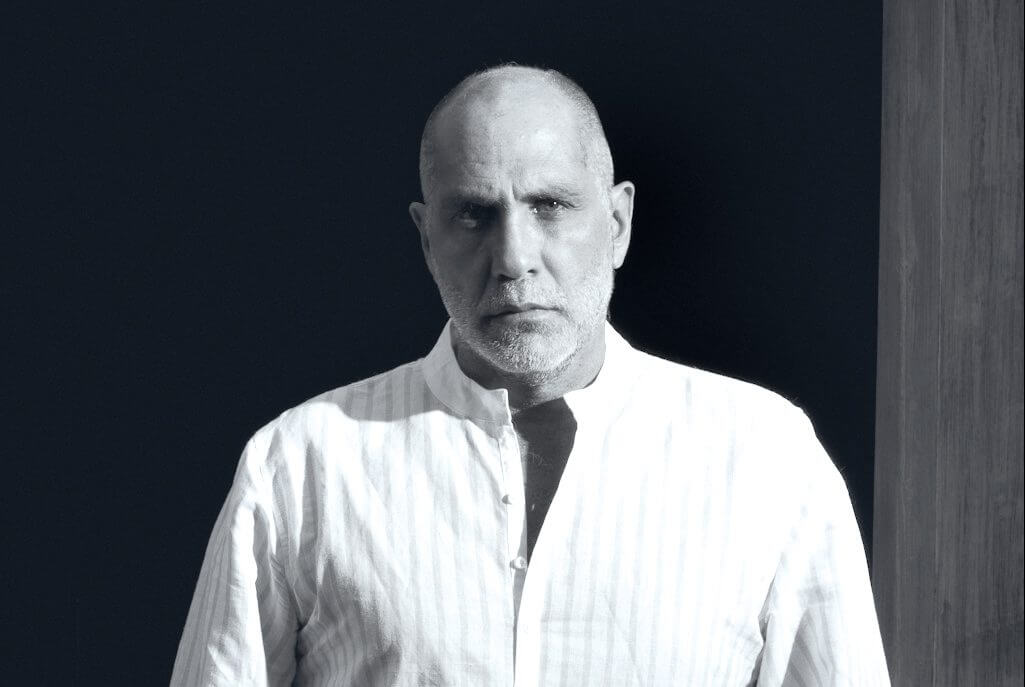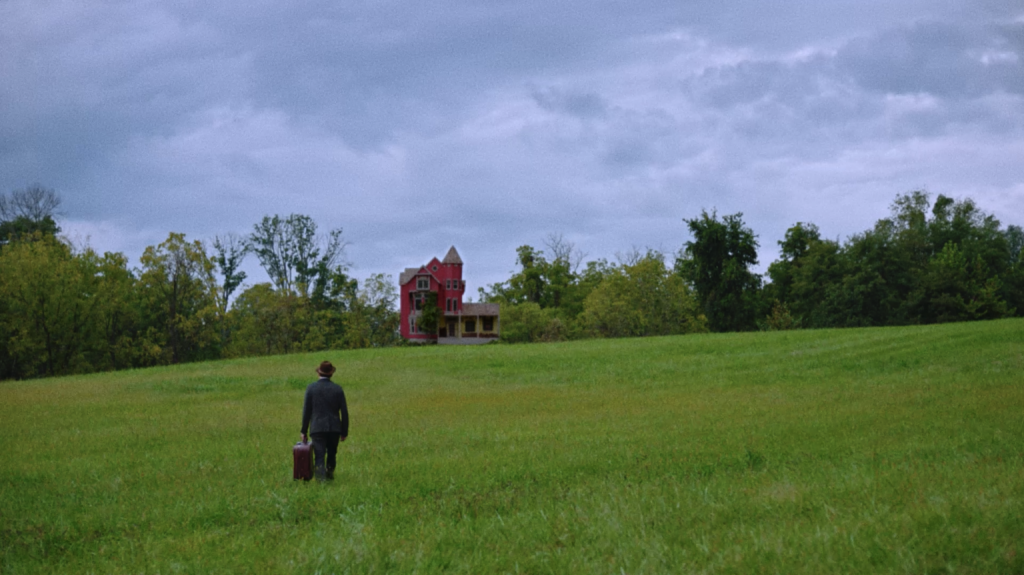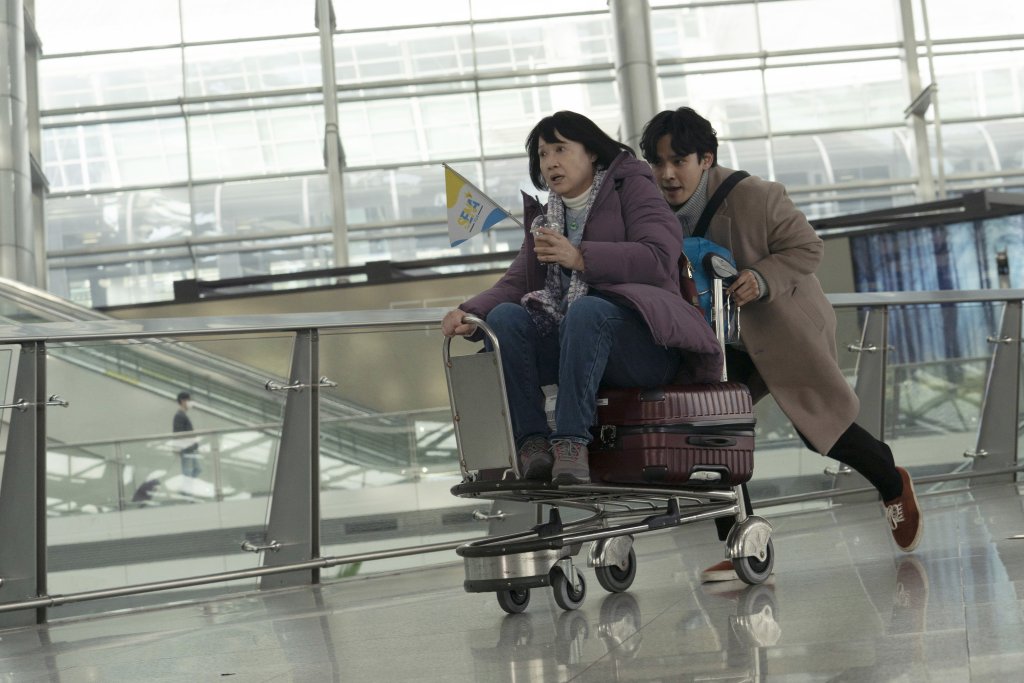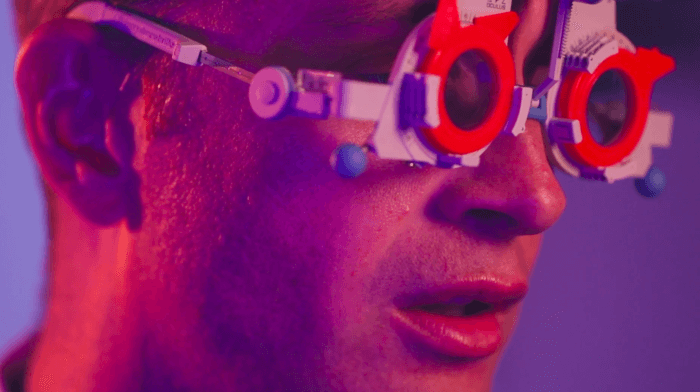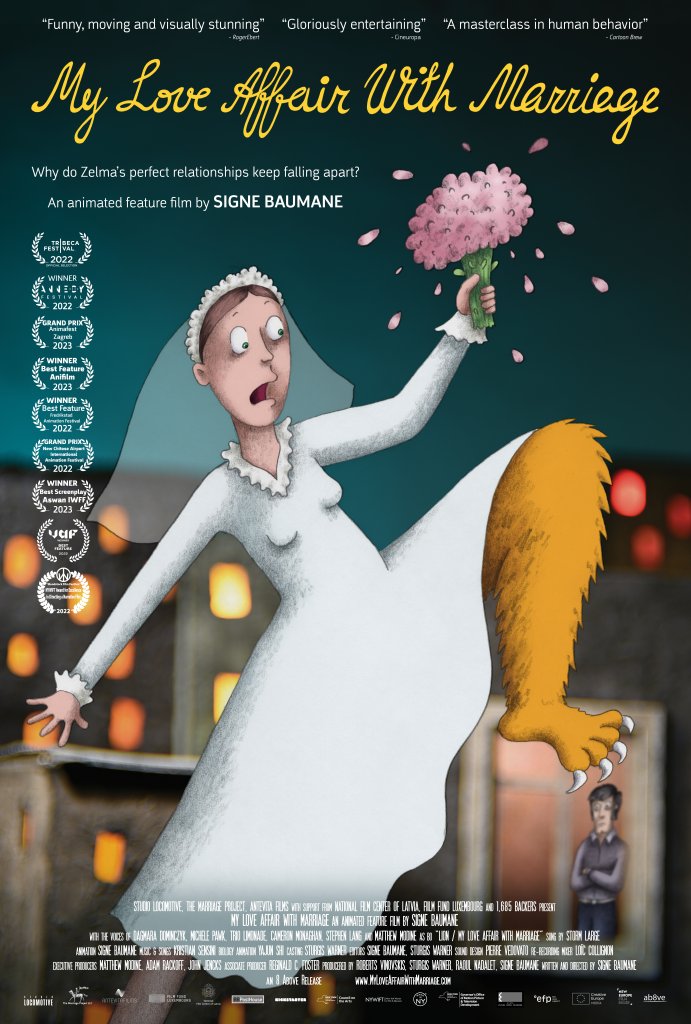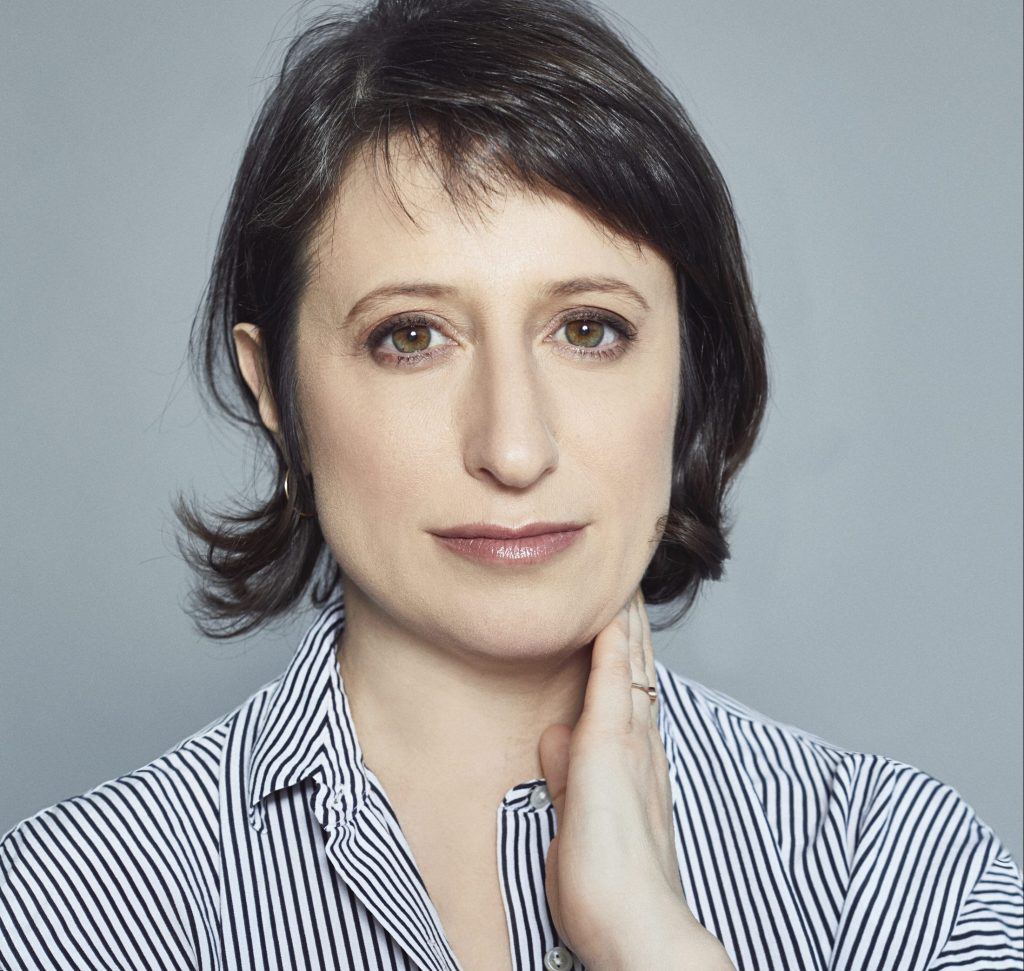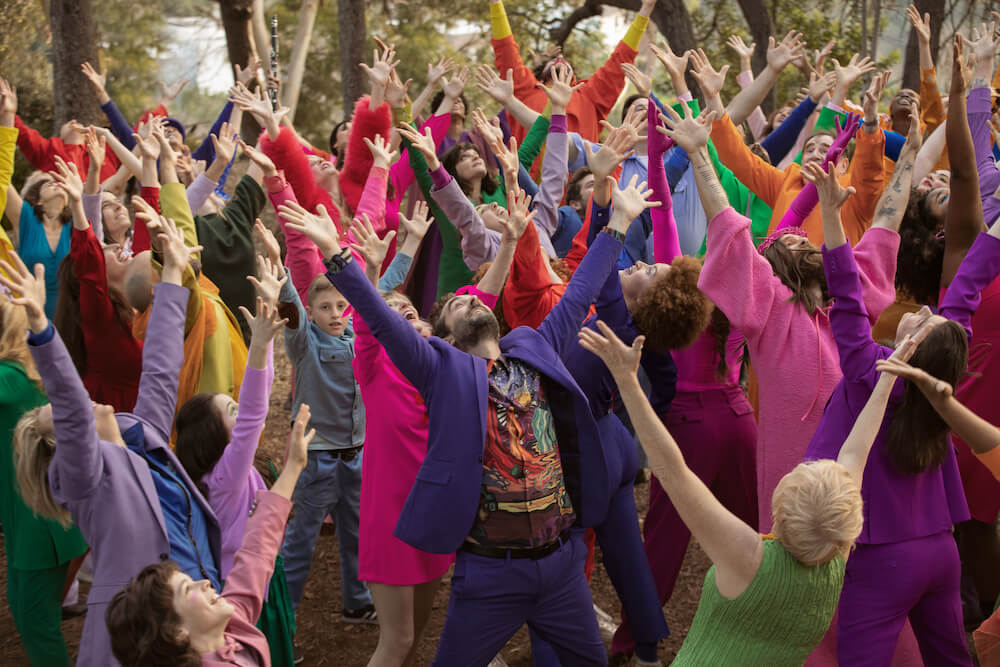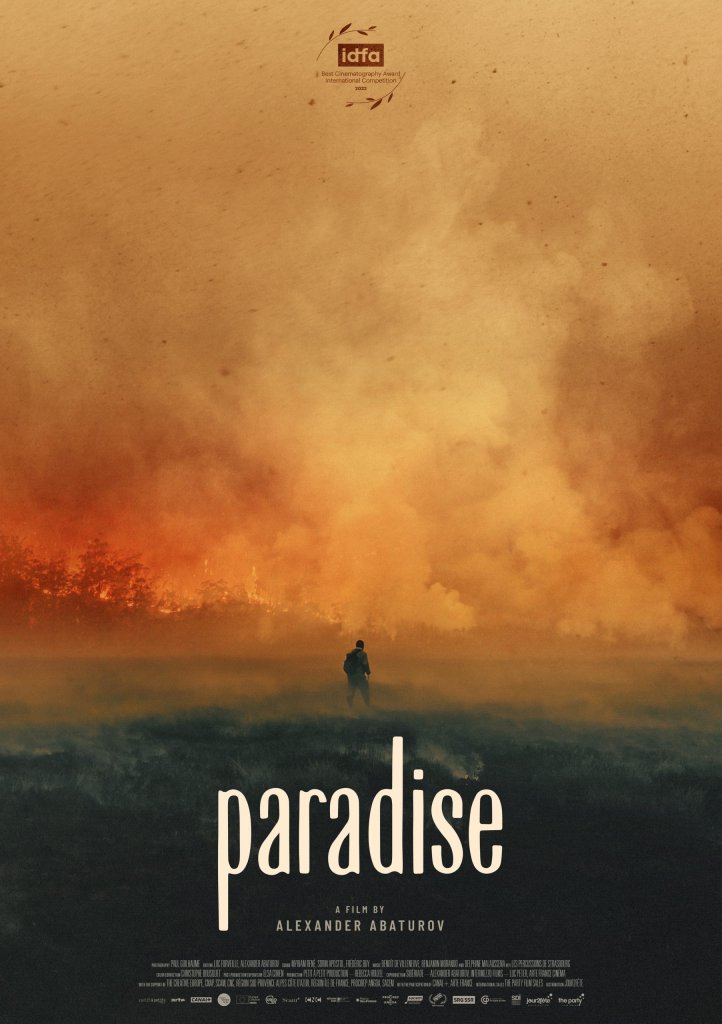Bonboné: A Palestinian Love Story

Love faces a lot of obstacles, but it often finds a way. Bonboné tells the story of two lovers who come up with an unconventional way to have a child when the husband is imprisoned in an Israeli jail. Without giving too much away, this film probably isn’t for children, but let’s just say the proof is in the pudding. It was awarded Best Film in the Short Films competition at the Moscow Film Festival and was nominated for Best Muhr Short Film Award at the Dubai International Film Festival. Frontunner spoke to writer/director Rakan Mayasi about its conception (pun sort of intended).

Dir. Rakan Mayasi
©Groundglass235 + Koussay Hamzeh
Where did you get the idea for this story?
Belonging to the Palestinians in the diaspora, and having never been to Palestine, because it is near to impossible, I discovered this subject by reading plenty of articles and researching about underground subjects tackling the Palestinian/Israeli conflict, considering it is my identity. I thought that this subject is mesmerizing. I found it to be so beautiful because it is about defiance, using love and life – how creative! And cinematic. I think such a story needs to be told, the world needs to know that such a phenomenon exists.
Why is the candy wrapper significant?
The entire approach to making this film, from the writing process, was to deconstruct stereotypes and challenge taboos and break cliches. Some of the happiest moments in childhood were when we get a candy, wrapped in that specific way, and we just look at it and open it. I remember many moments in my childhood when I was intrigued by looking at a candy and opening the wrapper with passion, it was a source of happiness. And such is the approach to making this film, a candy is a sign of happiness and playfulness. Playing is plentiful in the film. Also, the candy and its wrapper could also be a parallel of a pregnant lady. And by smuggling semen in a candy wrapper, it would be good camouflage to pass through.
What was it like filming a story inside a “prison”?
The entire prison space was built from scratch by our Production Design and Architecture department. Prisons in Lebanon do not look like Israeli prisons, so we had to begin from ground zero. We did a lot of research on Israeli prisons, we looked at the entrances and checkpoints, the solitary confinements and the visiting areas. We always had photos with us when we constructed and decorated the set. After the entire set was ready, and we entered the shoot, it felt like a dark space with haunting images and memories. There was always a sense of defiance in a positive way, and not succumbing to the traumas and dramas of it.
Why is it never revealed how our protagonist ended up behind bars?
Most [of the] Palestinian prisoners in Israeli jails are political prisoners, and I thought I did not need to spoon-feed the audience. The prisoner, who is our protagonist is not a criminal, he just does not agree with the politics of the state. And by not giving the audience this information so easily, one has the space to question their possible prejudice and try to sympathize with the protagonist without judgment.

Dir. Rakan Mayasi
©Groundglass235 + Koussay Hamzeh
Could you explain some of the character backstories?
The couple belongs to the Palestinian middle class and lives in the West Bank. The husband, who is serving time in an Israeli prison is a political prisoner, who believes in peaceful means of resistance. The wife is a high school drama teacher.
Given the tag at the end, how much of this story was influenced by real events?
The entire subject is real and the phenomenon of Palestinian sperm smuggling has been going on for a few years now. Palestinian couples resorted to sperm smuggling to conceive while husbands are behind prison bars in order to have a family. Of course, there is a general influence by real events, however, details such as using a candy wrapper to smuggle semen came in the writing.
Tell us about your future projects.
I am currently developing my first feature film, with the working title ‘DE FACTO’, and won the development grant from the Asian Cinema Fund (Busan International Film Festival, Korea) to write the script. And I also pitched the project in CINEMED in Montpellier last week where I also won the writing residency in Greece. I quit my job and now I am completely free to work on the script and very excited to begin the writing process.

